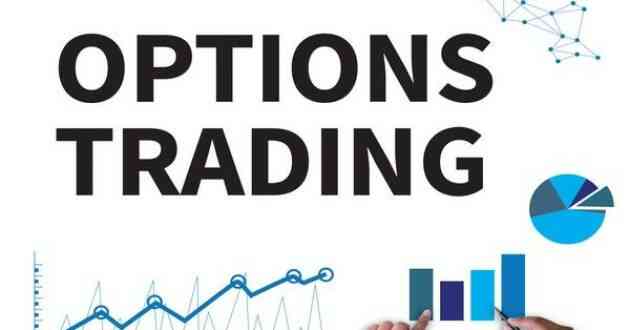Futures And Options Trading: An Overview
The stock market presents us with varied opportunities for growing wealth. It has various products with different risks
The stock market presents us with varied opportunities for growing wealth. It has various products with different risks and returns to meet your financial goals. Some popular ones include Mutual Funds, Equity, Bonds, Initial Public Offerings, Exchange-Traded Funds, etc. Another category that uses such products as underlying assets is Derivatives. It binds two parties to buy or sell shares at a fixed price at a future date.
The two prominent Derivatives are Futures and Options Trading. They reduce risks and offer profits in a highly volatile market. The contracts depend on speculation of the underlying asset value. As the direct movement of the market price is unpredictable, anticipated profits may turn into substantial losses. Hence, only those well-versed in the stock market participate in such trading. If you wish to do so, consider these aspects:
Differences
Derivatives gain their value from the underlying assets to make a successful trade. However, the procedure used in Futures is not like Options Trading. Futures work on the commitment to trade at the specified date. Meanwhile, Options offer buyers the right and not an obligation to implement the contract. The difference lies in contractual liabilities and choice. Understanding this is important to choose a suitable Derivative for your objectives.
Ideal investors
Not all investors who seek higher profits should consider these trading strategies. This is because they pose higher risks if you fail to speculate on the market accurately. You need enough knowledge and analytical thinking to gain the desired returns. Hence, only qualified traders can hedge their position in the Equity Market and trade in F&O. These are hedgers and speculators.
Ways to invest
Unlike other securities, you need not open a Demat Account to trade in F&O. A Brokerage Account is enough to do Futures & Options Trading. The ideal route is to open an account with a full-service or discounted broker and trade online. These different investment methods allow you to trade through stocks and commodity exchanges. Understand your goals and decide on the right approach.
Types
The Futures contracts hold the same rules for buyers and sellers. They are categorised based on their trading nature. The types are Index, Stock, and Currency/Commodity Futures. Meanwhile, Options Derivatives are broadly divided into Call and Put Options. The former means selling a specific asset at a fixed rate at a future date, and the latter involves buying an asset with a locked-in rate at a future time.
Considerations
Even if you trade through a broker, market risks are inevitable. Remembering the mentioned factors is the only way to do Futures and Options Trading. These include checking the risk margins, stop-loss, market volatility, costs, etc. Also, stay within your profit expectations and risk levels to hedge the right amount. If you are new to the concept, start by pledging a low amount to understand how the market works.


